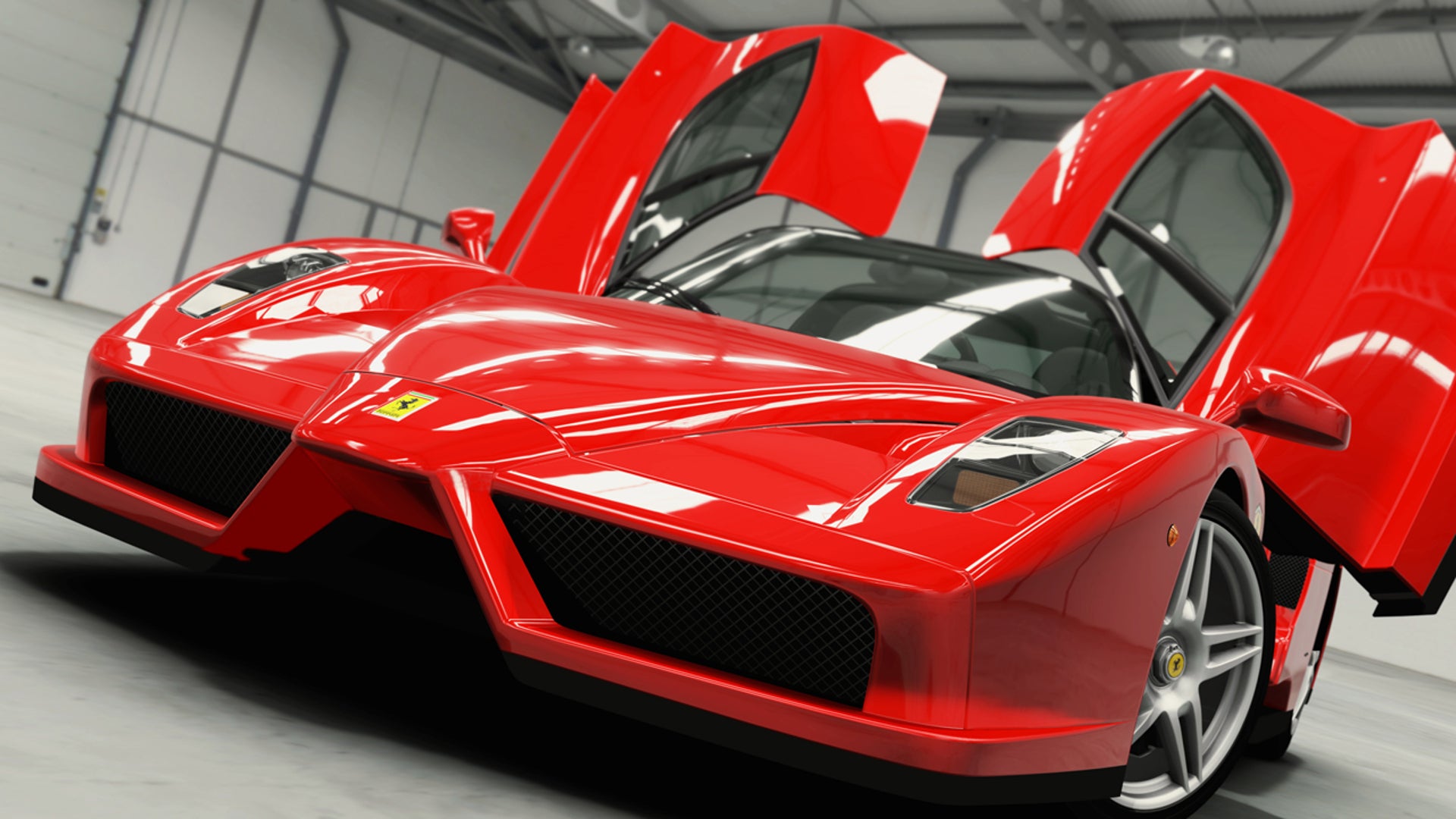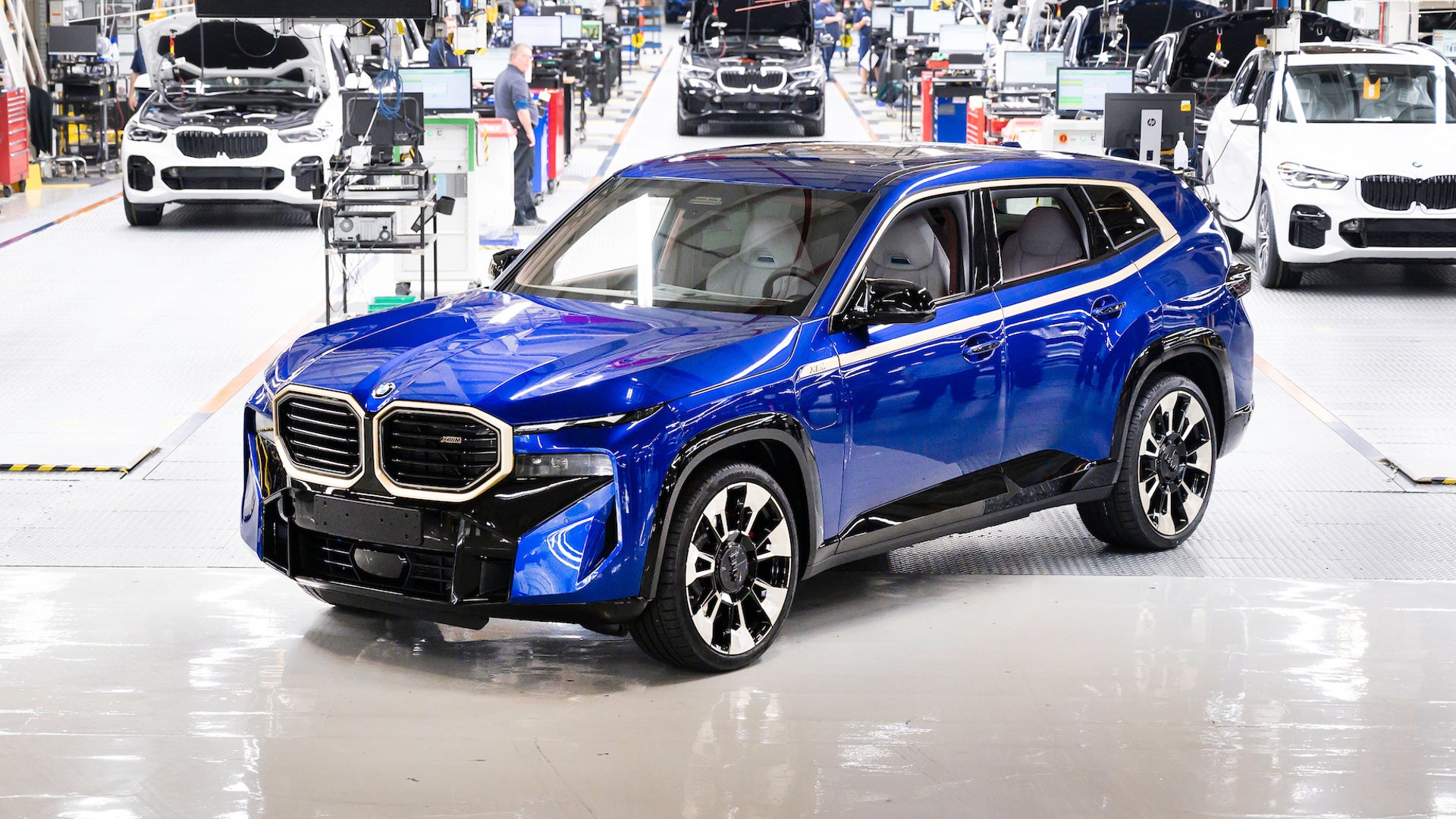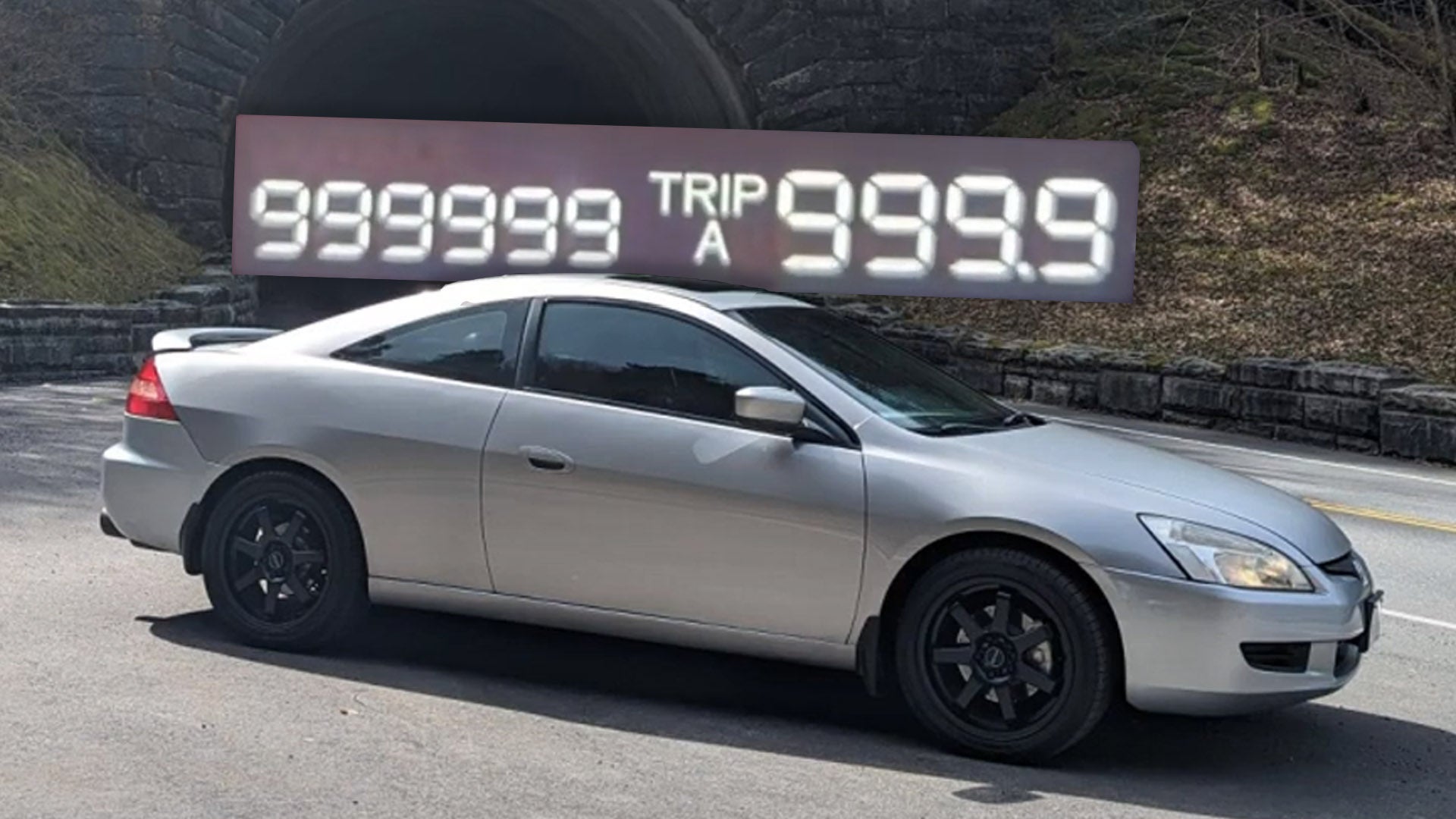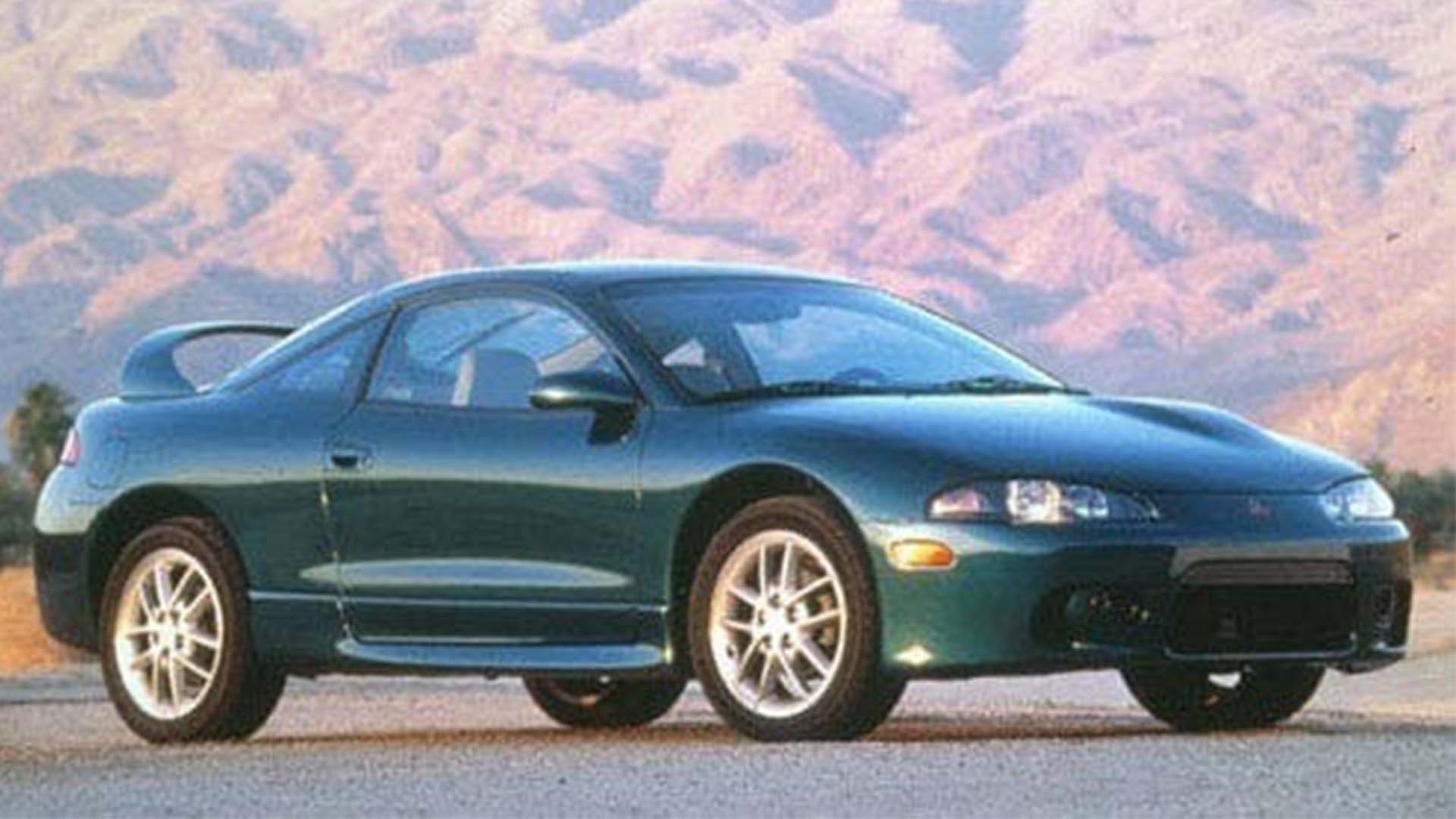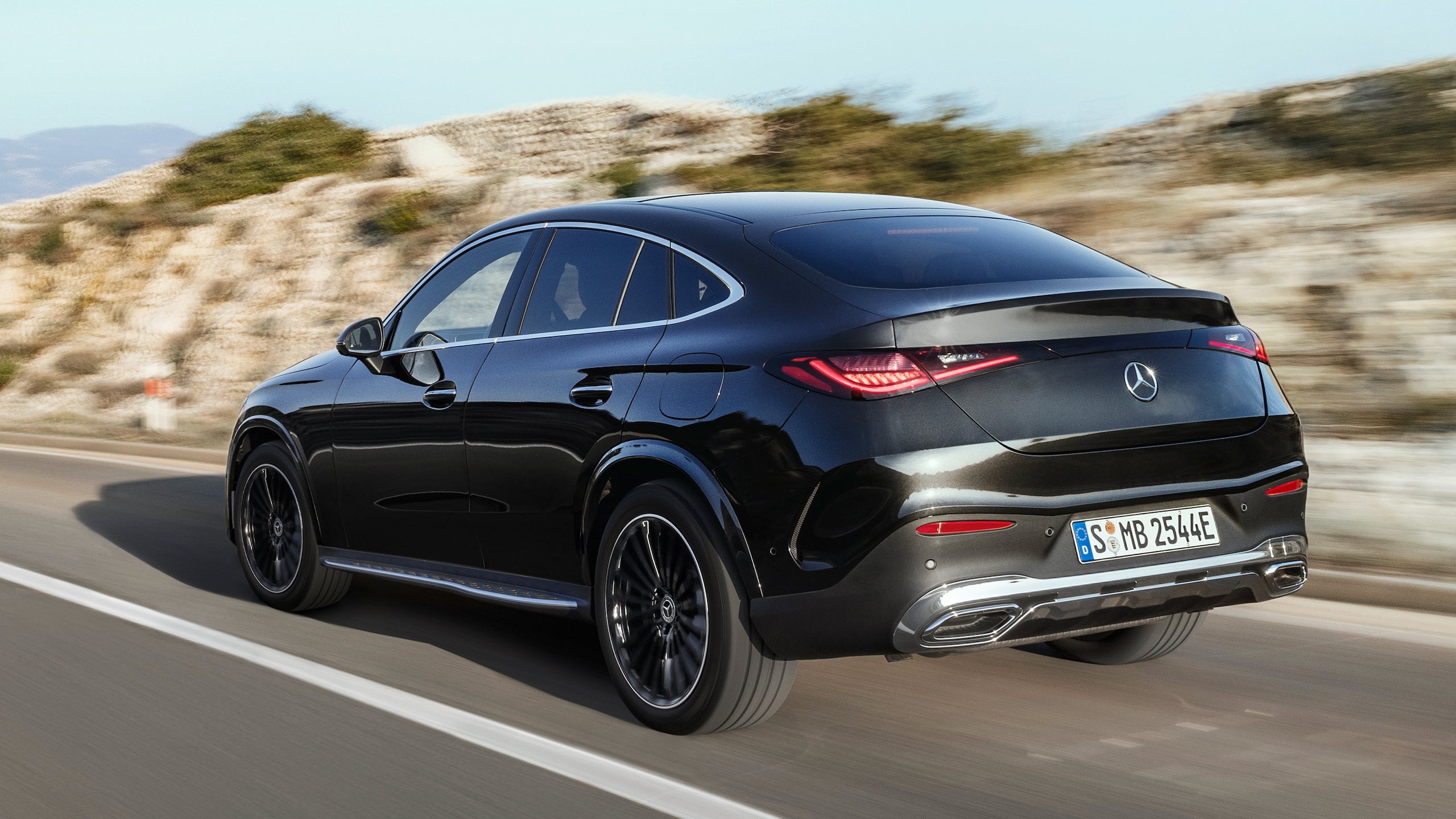From the hazy, pixelated days of Namco’s 1982 arcade classic Pole Position to the upcoming crop of ultra-realistic car racing simulators, there’s no denying that car racing has become a keystone genre in the world of video games.
This fall, both of the heavyweights in the car racing video game industry will unleash their latest body blows, building on over thirty years of lessons (and cautionary tales) of their predecessors: Forza 7 comes out on October 3 on Xbox One, designed to run at a butter-smooth 60 frames per second, while Gran Turismo Sport takes a bow on October 17 on PS4, promising PlayStation VR compatibility. The future is almost upon us.
But before that happens, we at The Drive thought it was a perfect opportunity to compile a list of the best car racing games that have graced everything from the PlayStation 4 to Windows 98 to the seedy, near-forgotten arcade that’s somehow still holding on in town. We're tried to filter out influential icons (for example, Street Rod or Richard Burns Rally) whose pioneering ways have since been copied and perfected by others, and stick with racing games that can still be easily found on either the current generation of consoles or online. What we’re left with, then, are ten entries that stand head and shoulders above the rest—be it through graphics, content, or gameplay—in such a way that creates an unrivaled, unrepeatable experience in car racing games.
Disagree? You probably will, so sound off in the comments below.
Tempting as it was to start off here with San Francisco Rush and its futuristic cousin, whose high-flying antics and shortcut-filled maps taught a generation the pain of watching your friend swoop out of literally nowhere to take the checkered flag, those cabinets are unfortunately getting harder and harder to find as the neighborhood arcade goes extinct. So let's instead turn to Daytona USA, where a full eight people can still compete head-to-head on the deluxe setup at certain Dave & Buster locations with cameras that project your competitors' anguished, contorted faces up for everyone to see.
That alone would make a car game worth recommending, but the definitive arcade racer still stands on its merits twenty-three years after its fully 3-D graphics and fast-paced gameplay took the world by storm and changed people's expectations of what a racing game could be. It doesn't hurt that the racing itself is an addictive, slide-filled affair, sort of like a fever dream version of NASCAR—massive grids of forty regulation stock cars drift around wild, surreal road courses in a race against each other and the clock. Maybe that's why it's become one of the highest-grossing arcade games of all time.
Well, we obviously can't make a list of the best racing games without including one from Nintendo's long-running, madcap vehicular combat series. Mario Kart 8: Deluxe has been making a lot of waves this year, and while it's certainly the most fun entry in a while from Mario & Co., its evolution to include anti-gravity racing apes the F-Zero series and the karts themselves have become pretty damn complicated for what's purportedly a game for small children. So looking back, which one reigns supreme? Given our criteria on accessibility (it's also playable on the original Wii, which can be had for pennies these days), Mario Kart: Double Dash for the Nintendo GameCube takes the cake here.
The introduction of weight classes, the wonderfully-designed courses, and most of all, the insane co-op driving experience elevate Double Dash above all other Mario Kart games and earn it a spot on our list of best racing games of all time. Some cry foul at how having two people in a kart ruined the purity of the game and marked the start of the item-filled extravaganza we know today, but come on, it's hardly been about the driving since the SNES days. No, this is a game about competition, and the option to link up two GameCubes for an eight-player co-op race fulfills that mission in spades.
Every modern quasi-arcade racing game, from the Burnout series to Driveclub to the Forza Horizon series, owes a debt of gratitude to the original Need for Speed games. Open world games have since taken over, rendering the idea of racing on closed, obsessively-designed, point-to-point courses more of a nostalgia trip than anything else, but the first five entries in the NFS series pioneered the use of real world cars, NPC traffic, and police chases in racing games. And of those five, it's Need for Speed: High Stakes that stands above the rest.
Sure, NFS: Porsche Unleashed was a welcome orgy of P-Cars, and NFS III: Hot Pursuit was the game that actually introduced the eponymous police pursuits, but Need for Speed: High Stakes is the winner in our book for a few reasons. First, E39 BMW M5 police cars. Second, both the ability to race your rivals for pink slips and the option to play as the police added a huge amount of variety to the burgeoning world of car games at the time. Finally, modders: it was one of the first games to support a huge community of homebrew modifications, allowing players to add an endless amount of cars and tracks to the game's somewhat-limited lineup. You can still find the superior PC version on Amazon and eBay.
Every once in a while, a racing game comes along that's so bracingly new and different that it's less a breath of fresh air and more a shock to the system. Burnout 3: Takedown was that game. The first two Burnout games taught us to drive like madmen and deliberately smash into packed intersections, but it was the third iteration that introduced the visceral takedown move that's defined the series since then. More than ten years later, there are still few feelings more satisfying in car games than a perfectly executed takedown that leaves your opponent's car crumpled like an accordion on the side of the road. Or better yet, the "Psyche Out," where you'd ride his tail until he slipped up and crashed spectacularly. There was simply nothing like it before, and precious few since.
The driving was pure arcade bliss, and it didn't feature the silly "traffic check" mechanic that allowed you to plow through traffic in the follow-up Burnout Revenge. On top of that, it was the last game in the series to feature a true Crash mode, where you drive your car into a perfectly-synced maelstrom of traffic to try and cause maximum chaos and damage. Think of it as a Rube Goldberg machine for automotive insurance appraisers. The only downside is finding it: copies are available online, but you'll need a PlayStation 2 to enjoy it.
We really could have put almost any game developed by Papyrus Design Group in this spot, but 1999's Grand Prix Legends deserves a spot here for its advanced graphics, excellent handling system, and accurate representation of the 1967 Formula 1 season. Set just a couple of years before new safety innovations would redefine the sport, Grand Prix Legends puts you in the driver's seat in one of the most dangerous eras in open-wheel racing. The cars are incredibly difficult to control, just as they were in real life, but that just makes a clean lap around Spa-Francorchamps all the more satisfying.
And while the graphics were certainly ahead of its time, the game was so popular that its rabid fan base has updated the game's visuals to the point that it can run against almost anything being developed today. It's also worth repeating that this game is hard—with so much hand-holding in modern games, it's refreshing to sit down and have one roundhouse kick you in the face with its realistic difficulty. Its highly-advanced customization system lets you tune just about everything that can be adjusted on a race car, and the results actually translate on the track.
Ask almost anyone between the ages of 25 and 40 what their favorite racing game was when they were younger, and chances are you'll get something from the iconic Gran Turismo series. The first Gran Turismo game on the original PlayStation is rightly lionized for popularizing the car simulator genre, borrowing the idea of real-world cars from series like Need for Speed and dialing the realism (and difficulty) up to 11. It went on to become the best-selling PS1 game of all time, but its graphics and gameplay haven't quite aged as well as other games from that era.
But in 2001, the PlayStation 2 launched, and with it our #5 racing game: Gran Turismo 3: A-Spec. Featuring almost 200 fully-detailed cars and dozens of tracks, Gran Turismo 3 set new standards for graphical fidelity and realistic gameplay and offered a better experience in racing's various disciplines—rallying, touring cars, GT championships, to name a few—than entire standalone video games that were solely dedicated those sub-genres. It was such a monumental leap forward in quality that succeeding Gran Turismo games have felt slightly unfinished as a result, and it maintained that reputation as the ultimate driving simulator until the Forza series started to get its act together by the end of the 2000s.
The Forza Horizon series is like a music festival for cars: you're never going to see an automotive lineup this diverse in a world so richly rendered anywhere else, even if the performances aren't the greatest. Toeing the line between simulation and arcade, Forza Horizon's driving mechanics can be polarizing, but again, where else are you going to have the opportunity to race a Jeep Grand Wagoneer against a Subaru SVX in an open-world setting?
Using the same formula as the first two games—just bigger and better—Forza Horizon 3 lets players speed around a jaw-droppingly beautiful version of Australia in a list of cars that puts the old Gran Turismo games to shame. Even if the handling doesn't satisfy the purist (and/or masochist) in you, there's no other car game out there currently with such a strong emphasis on having fun. The game has also expanded to give off-road racing a fair shake, something that we don't see often in video games apart from rallying. Apart from the 8-player Daytona USA arcade setup, it's also probably the most communal game on the list, with a strong emphasis on multiplayer racing and an "Online Adventure" mode for free-roaming with friends.
Purists may argue that 2004's Richard Burns Rally and its hyper-realistic approach to rally racing set a new benchmark in video games, and there's no denying the game's influence or how well it plays (graphics are another story) even thirteen years later. But it's impossible to find these days—I personally paid some British dude $30 for a copy on eBay, which showed up at my door about six months later—and in what's surely a victory for intelligent consumers everywhere, we've got a new hardcore rally sim to fawn over.
Dirt Rally is the first game in the Dirt series to throw all that Monster Energy-inflected bravado out the window and focus on what truly matters, flinging vintage and modern rally cars down obsessively-rendered stages while coping with a truly unforgiving game engine that actually rewards practice and patience. Listening to your co-driver shout pace notes as you struggle to keep an E30 BMW M3 pointed the right way down a gravely, sunburnt stage in Greece while it does its best to kick out the rear on each and every turn is something of a masochistic exercise. When you actually get to the finish, though, you feel a sense of accomplishment that's hard to find elsewhere. This video of pro rally driver Will Orders giving Dirt Rally a go in a simulator rig shows how the game's myriad tuning options and control settings combine for unrivaled realism in the world of rally racing games.
Even though Forza and Gran Turismo steal the simulation spotlight on the regular, we're now living in something of a golden age of super-realistic car games. Both Project Cars and Assetto Corsa started out as niche PC products and graduated to consoles on the strength of their popularity, and both can be an unforgiving, no-holds-barred experience. And while Assetto Corsa offers a slightly better handling model, laser-scanned tracks accurate down to the smallest pebble, and stronger online play, Project Cars wins out in our book for its single-player career mode, playability with a standard controller (a racing wheel certainly makes Assetto better, but not everyone has access to one), stunning graphics, and a wider selection of cars and tracks.
Yes, Assetto Corsa supports a stronger modification community on the PC version that can help eliminate that last point, but if we're talking about out-of-the-box enjoyment, Project Cars has a slight leg up. Of course, the developers have since moved on to Project Cars 2, scheduled to be released this fall, but it doesn't change the fact that the original still does it better than almost any other car game out there.
It's entirely possible that the upcoming Forza 7 will take its place as the best car racing game ever made, but until then, it's safe to say that Forza Motorsport 4 reigns supreme. Released in 2011 for the Xbox 360, Forza Motorsport 4 immediately became known as the premiere racing simulator of the previous console generation thanks to its engaging, balanced handling system, massive roster of cars, and of course, old-Top Gear integration. It struck the perfect balance between difficult and accessible, able to challenge both hardcore simulation fans and draw in people just looking for a fun pick-up-and-drive experience.
Detractors will point to its original lack of Porsches (thanks, Electronic Arts), slightly less expansive lineup of tracks, and overall novice-friendly setup, but compare it to its contemporaries—Gran Turismo 5 and 6 may have featured more cars, but a perfunctory damage system plus the obnoxious recycling of ugly car models from the PS2 days with no cockpit view made for a less polished experience compared to Forza 4. That in turn makes Forza's obsession with rendering even the smallest details on its cars all the more impressive. It was also the last game in the series to try and offer an all-encompassing simulation experience, with zany cars like the Pontiac Aztec and GMC Vandura sharing the screen with glorious hypercars like the Ferrari LaFerrari. Subsequent entries have focused more on professional racing, leaving Forza Motorsport 4 as the ultimate all-around car game.
